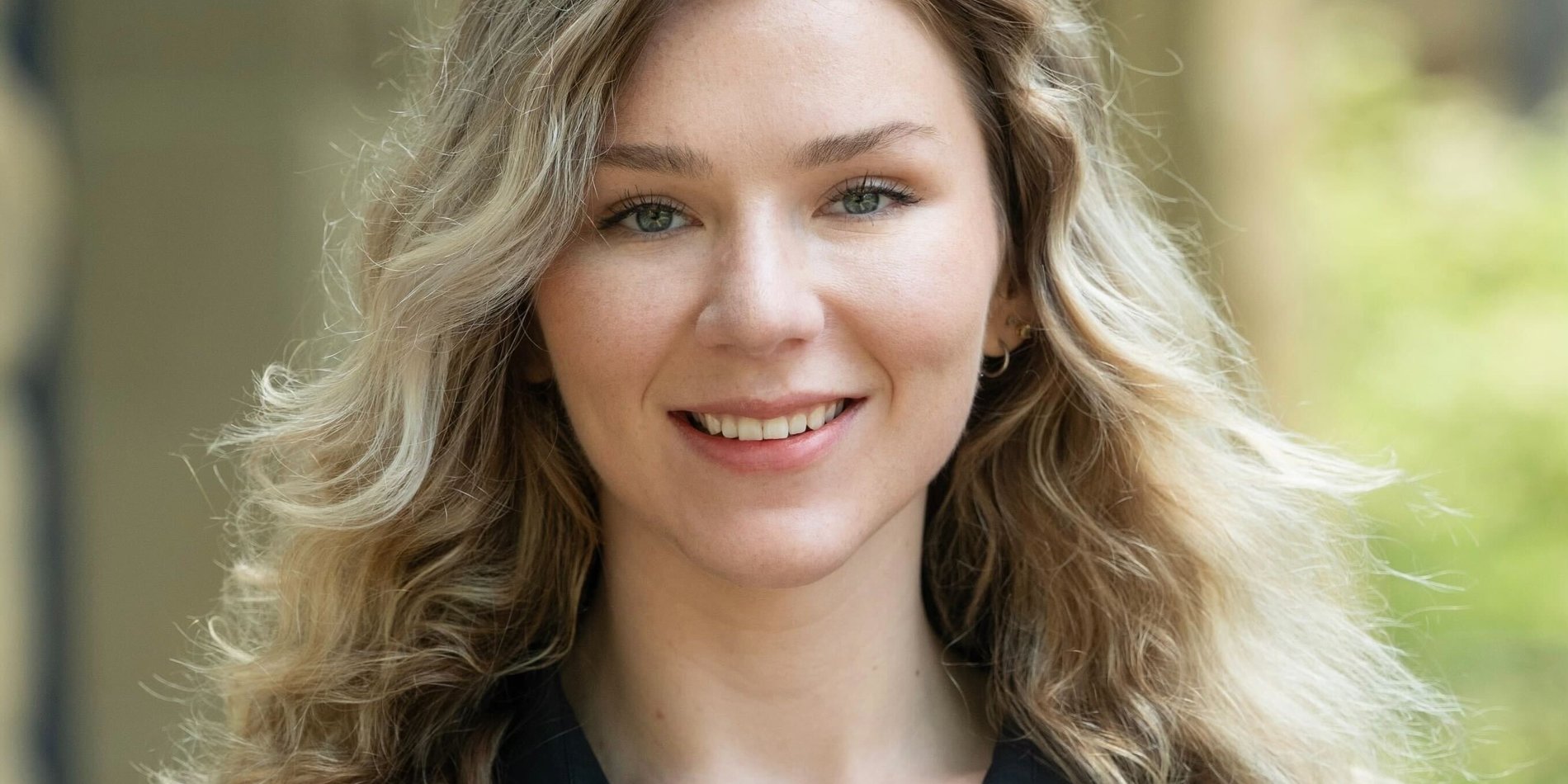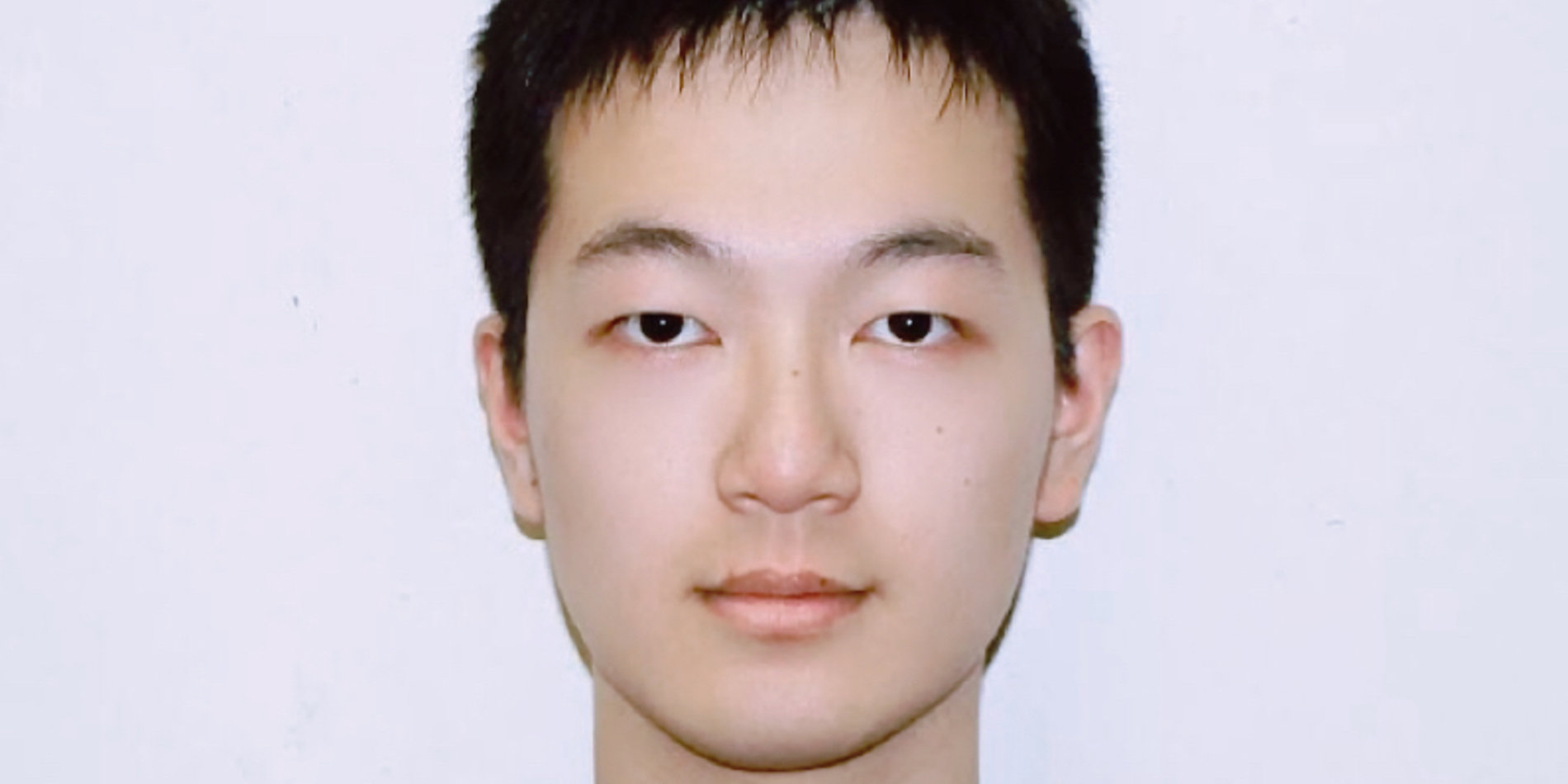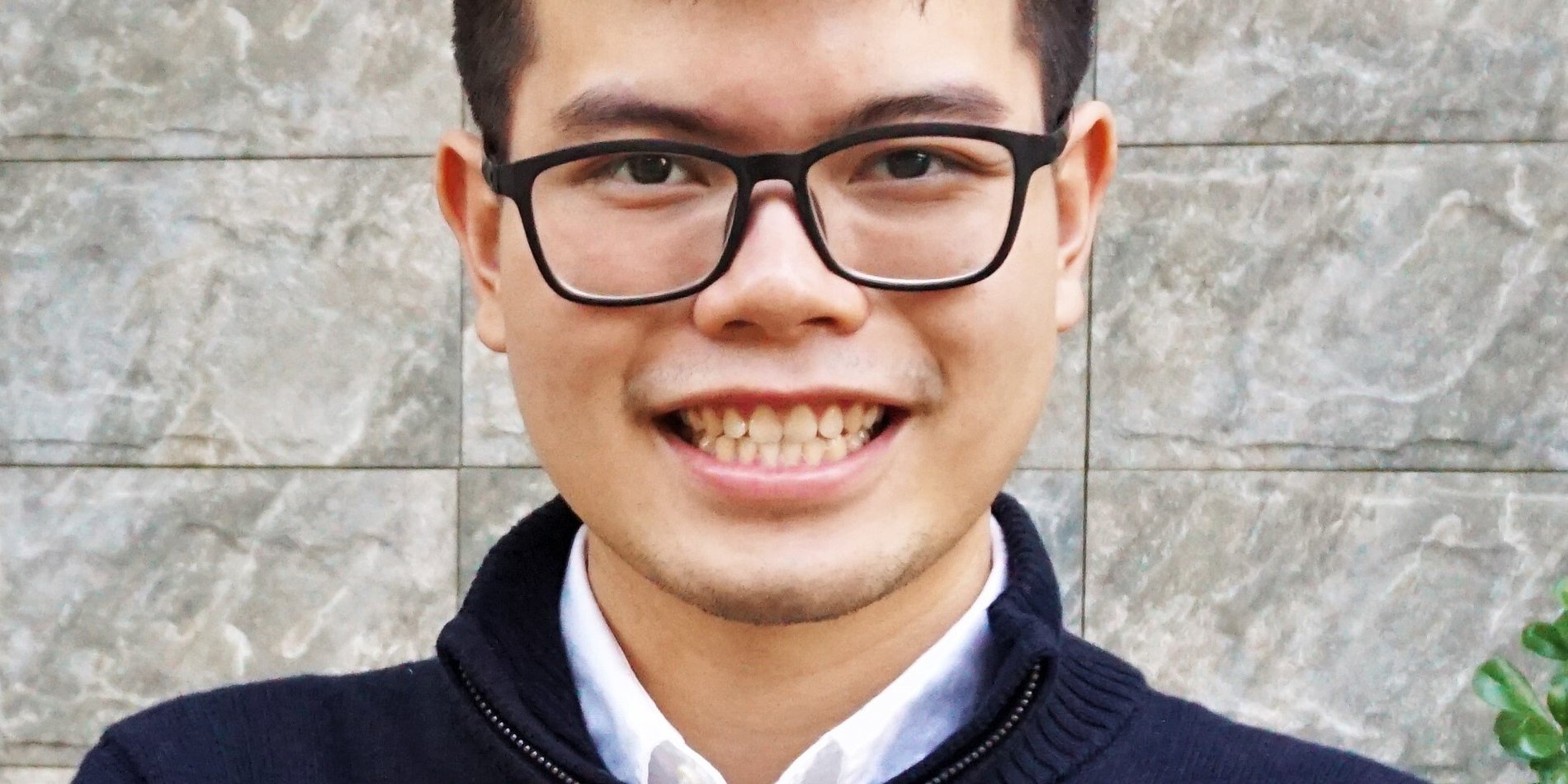BY KATHLEEN J. SULLIVAN
JOSHUA LAPPEN AND DEREK WANG PLAN TO PURSUE GRADUATE STUDIES AT THE UNIVERSITY OF OXFORD AS MARSHALL SCHOLARS. THEY ARE AMONG THE 43 STUDENTS FROM ACROSS THE UNITED STATES SELECTED TO RECEIVE THE PRESTIGIOUS SCHOLARSHIPS.
Two Stanford students – Joshua Lappen, who is studying classics and atmosphere/energy engineering, and Derek Wang, who is studying materials science – will be heading to the University of Oxford next fall as 2018 Marshall Scholars.
They are among the 43 students from across the United States chosen to receive Marshall Scholarships, which provide recipients the opportunity for graduate study in any field for up to three years at a university of their choice in the United Kingdom.
The scholarship was established to strengthen the enduring relationship between the British and American peoples, their governments and their institutions, and to enhance the intellectual and personal growth of scholars. The scholarship is named for former U.S. Secretary of State and Army Gen. George Marshall, who formulated the Marshall Plan to aid economic development in Western Europe after World War II.
Lappen, 23, of Santa Monica, California, is simultaneously pursuing a bachelor’s degree in classics (he completed the coursework in 2016-17) and a master’s degree in atmosphere/energy engineering at Stanford.
During his first year at Oxford, Lappen hopes to pursue a course in American history, allowing him to investigate the history of coal and water extraction in the West within the broader context of the development of the American administrative state and American industry in the 19th and 20th centuries.
During his second year at Oxford, Lappen hopes to examine contemporary water and energy issues in the Oxford School of Geography and the Environment.
“I believe that this combination of courses will allow me to bridge the divide between historical analysis and contemporary policy craft in my work, using nuanced understanding of systems’ origins to inform modern political solutions,” he wrote in his Marshall application. “In the morass of American climate politics as in the thicket of Western water law, gaining detailed perspective into policy history can reveal promising and underappreciated opportunities for reform. Where purely scientific, technical or economic policy analysis falls short, understanding the development of the modern regulatory environment can unlock doors.”
Lappen said he doesn’t yet know where his Oxford studies will take him, but said he was humbled by the chance to pursue them through a new perspective.
“The challenges facing both our countries are daunting,” he said. “I hope that with hard work I can live up to this opportunity and I’m excited to get started.”
At Stanford, Lappen has been involved in campus environmental activism through his work with Fossil Free Stanford, and is a member of the Stanford Band. His past research has included work on California climate and energy policy for Danny Cullenward, a research associate of the Carnegie Institution for Science, and Michael Wara, a senior research scholar at the Woods Institute for the Environment. He has also conducted research on federal coal leasing reform for the U.S. Department of the Interior.
Wang, 21, of Sewickley, Pennsylvania, is pursuing a bachelor’s degree and a master’s degree in materials science at Stanford.
In his Marshall application, Wang said Oxford’s program will help prepare him to fulfill his aspirations to develop practical materials for clean energy by leveraging an interdisciplinary knowledge of natural laws and an understanding of the needs of industry.At Oxford, Wang hopes to study in the Department of Materials.
Wang said he is most interested in studying materials for energy storage, which are a bottleneck to lowering the cost of solar energy.
“Specifically, I plan to study batteries based on magnesium ions,” Wang wrote in his Marshall application. “These batteries can theoretically hold more energy than the familiar lithium-ion ones and magnesium is naturally more abundant, but their use is currently precluded by the absence of robust, low-cost cathode materials, the most promising of which was developed over 15 years ago.”
Wang said he was honored to win the scholarship.
“I have so many people to thank for this incredible opportunity – from the mentors who wrote supportive letters, to friends who mock interviewed me or helped me find something formal to wear at the interview, to John Pearson and Diane Murk at the Bechtel International Center who guided me through the entire application process,” he said.
At Stanford, Wang served as president of the Stanford Undergraduate Research Association, where he led a national conference for undergraduates and spearheaded mentorship and outreach programs.
He was awarded a 2017 Deans’ Award for Academic Achievement, which is awarded annually to up to 10 Stanford undergraduate students for exceptional achievement in independent research. Wang has worked as a researcher in several laboratories on campus, most recently with Jennifer Dionne, an associate professor of materials science and engineering, whose research focuses on meta-materials – engineered materials with optical and electrical properties not found in nature.
Wang has co-authored several journal articles, including “Upconverting Nanoparticles as Optical Sensors of Nano- to Micro-Newton Forces,” published in June 2017 in Nano Letters, the result of his work in Dionne’s lab.
Wang is the co-leader of fundraising and digital media for Human Engineers Inc., a non-profit organization whose volunteers are dedicated to providing prosthetic care and education to amputees in the Philippines.
If students are interested in learning more about the Marshall Scholarships – or if Stanford faculty and staff wish to nominate students – they should contact Diane Murk, manager of the Overseas Resource Center at dmurk@stanford.edu; or John Pearson, director emeritus of the Bechtel International Center at john.pearson@stanford.edu.



